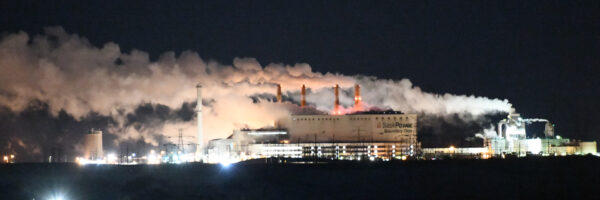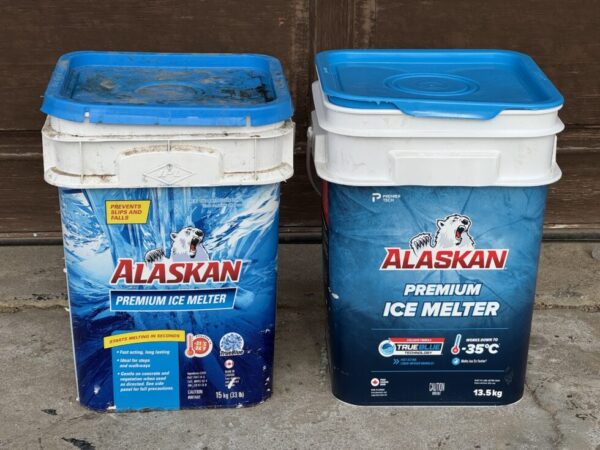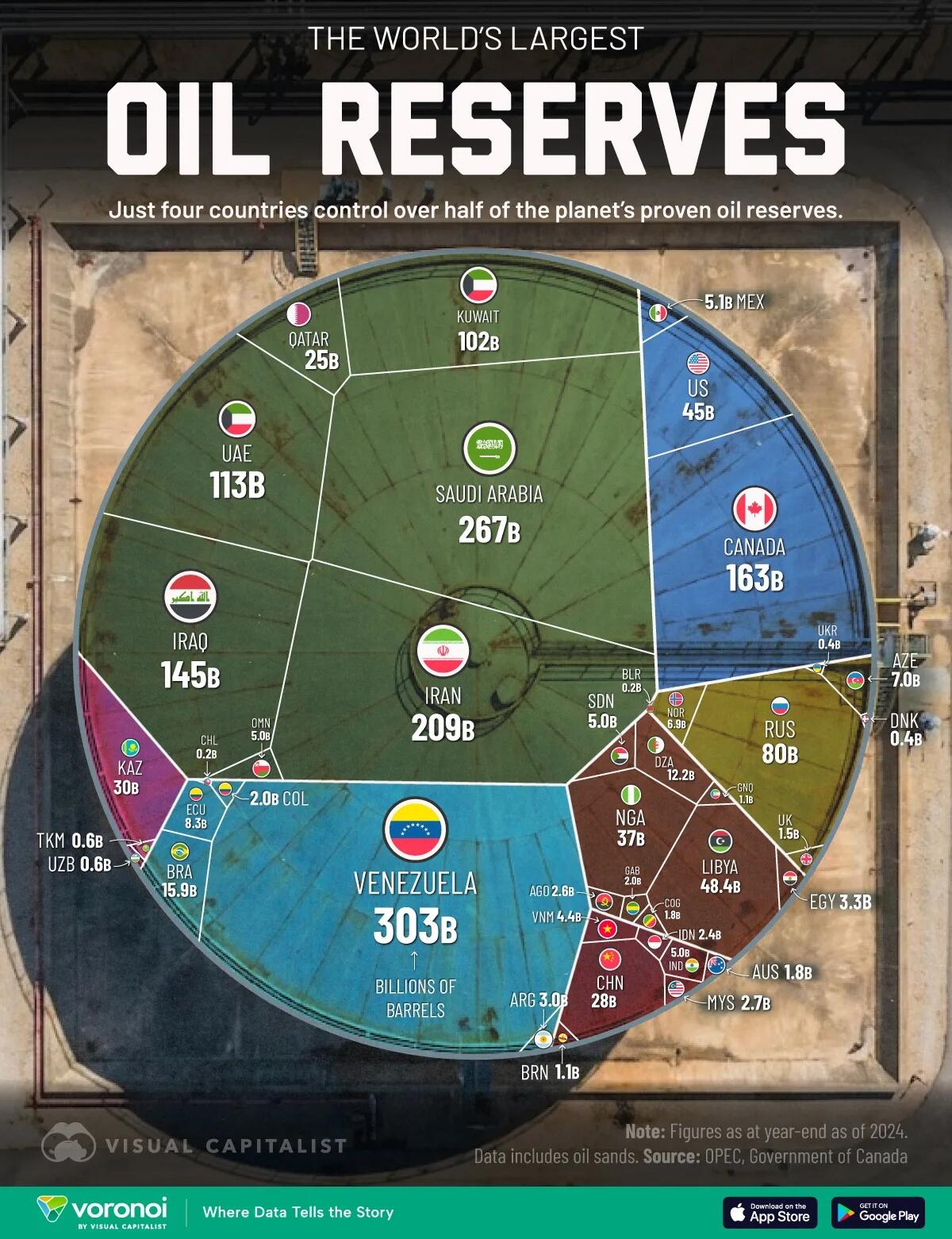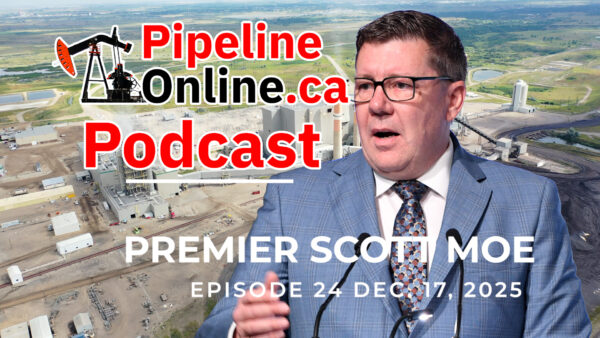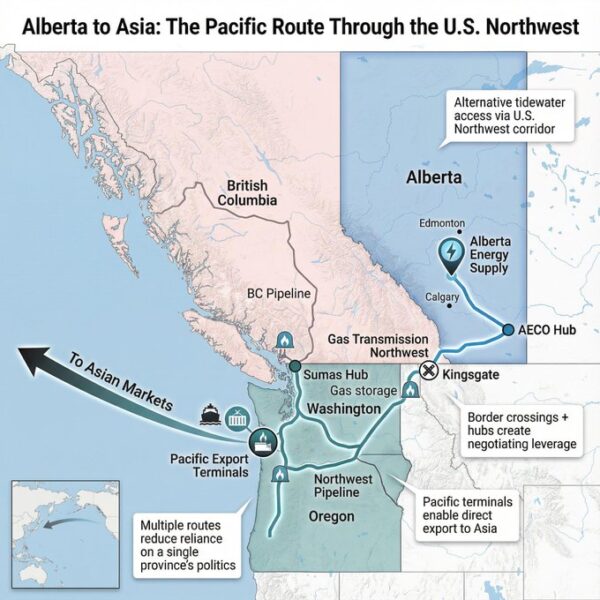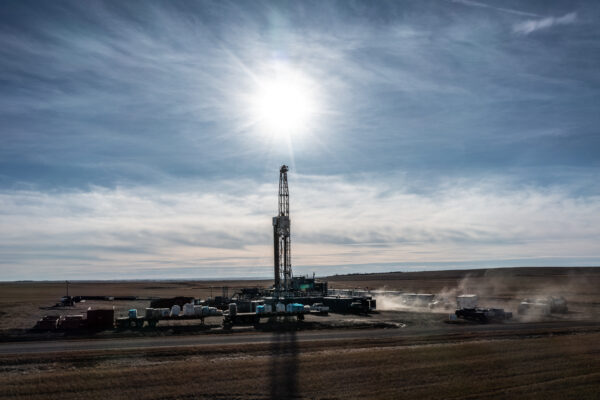It has significant implications for Saskatchewan, including power generation, interties, nuclear, and, oh yeah, pipelines and oil production.
What the Alberta-Canada pipeline MOU means for Saskatchewan
Canada-Alberta Memorandum of Understanding, verbatim
Carney’s speech on the Canada-Alberta pipeline MOU, verbatim
Canadian Press:
Eby brands pipeline ‘energy vampire’ as First Nations vow it will never happen
Comments and reaction on Ottawa-Alberta pipeline memorandum of understanding
Is this thing the real deal? Guilbeault resigned over it! It was real enough for him to fall on his sword. I really want to write that story but I need to drive four hours Friday morning so it’ll have to wait.
Headlines I am considering:
Christmas does indeed come in November, as Guilbeault resigns
Ding, dong, the climate witch resigned
His legacy unravelled by Carney’s pipeline MOU, Guilbeault quits cabinet
Hot on the heels of returning from COP30, Guilbeault quits over pipeline MOU
At an end his reign is, and not short enough it was: Guilbeault quits (read it in Yoda’s voice)
Canada’s energy bogeyman quits over pipeline MOU
The climate house he build is falling to pieces, so Guilbeault quits
Climate warrior Steven Guilbeault undone by Carney’s pipeline MOU, resigns in protest
The guy who wanted you to freeze in the dark just quit cabinet
Arguably the man most hated by the Canadian energy sector (besides Trudeau) packs it in
All out of CN towers to climb and economies to ruin, Guilbeault walks the plank
I might just use all of them. I’ll probably have a half dozen more when I wake up. Maybe I’ll make a contest for the best headline.
I will publish his entire resignation letter as soon as I’m able.
